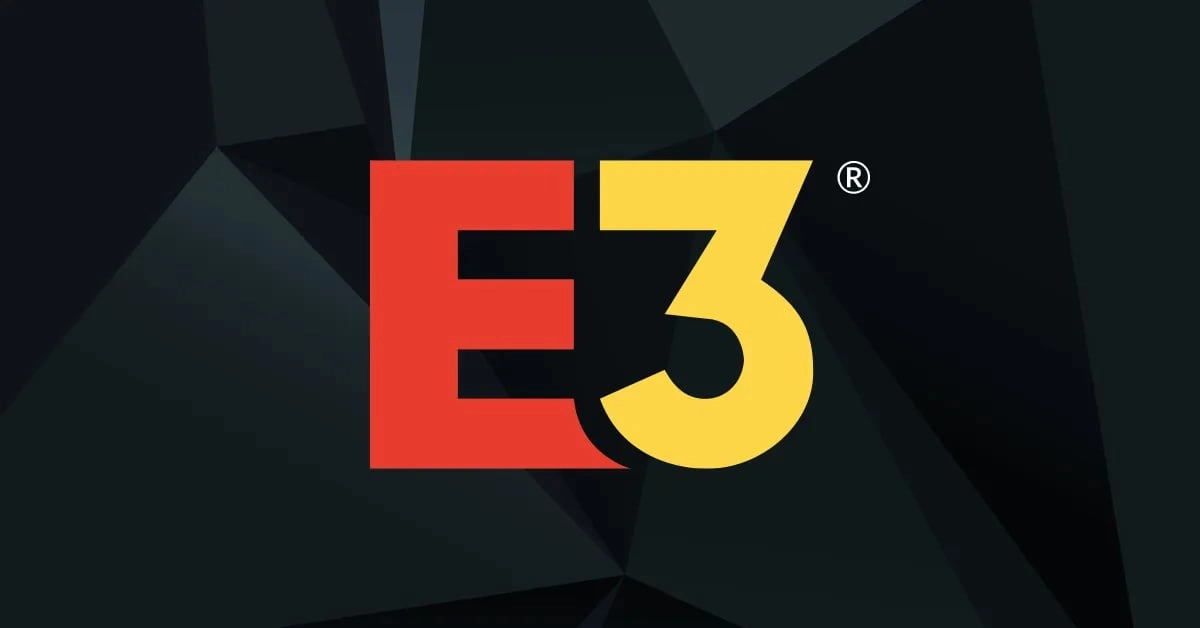The iconic Electronic Entertainment Expo, a cornerstone of the video game industry for decades, has officially met its end. After struggling to adapt to the changing landscape of the gaming world, the Entertainment Software Association (ESA) announced the permanent cancellation of E3, leaving a void in the annual gaming calendar.
Key Highlights:
- The Electronic Entertainment Expo (E3) has officially been canceled, marking the end of a 30-year-old tradition.
- The ESA, the organizer of E3, blames the changing landscape of the video game industry and the shift towards online presentations for the decision.
- The demise of E3 follows years of declining attendance and a growing trend of publishers opting for their own events or online showcases.
- While E3’s cancellation leaves a void, it also presents an opportunity for new and innovative ways to announce and promote video games.

What was once a vibrant hub for game publishers to unveil their latest titles and wow audiences with dazzling stage presentations, E3 had become increasingly irrelevant in recent years. The rise of online streaming platforms like Twitch and YouTube, coupled with the growing trend of publishers hosting their own dedicated events, rendered the traditional E3 format obsolete.
“The decision to cancel E3 was a difficult one, but it’s the right one for the future of the industry,” said Stanley Pierre-Louis, CEO of the ESA, in a statement. “The way people consume entertainment has changed dramatically, and the video game industry has evolved with it.”
E3’s demise was a slow burn. Attendance at the Los Angeles Convention Center, where the event was held, had been steadily declining since the mid-2010s. Major publishers like Sony and Nintendo opted out of attending entirely in recent years, choosing instead to host their own online showcases that reached a wider audience than E3’s ever could.
Despite the cancellation, the spirit of E3 lives on. The core purpose of the event – to generate excitement and buzz for upcoming games – remains essential. However, the methods for achieving that may look very different in the future.
The Future of Game Reveals: Beyond the Big Stage
With E3 gone, publishers and developers are faced with the challenge of finding new and innovative ways to announce and promote their games. Online showcases, like those already adopted by many industry giants, will likely play a significant role. However, there’s potential for even more creative solutions to emerge.
“There’s a huge opportunity here for experimentation,” says gaming industry analyst Michael Pachter. “Maybe we’ll see more virtual reality experiences where players can participate in game reveals, or interactive online events that blur the lines between announcement and gameplay.”
While the loss of E3 is a bittersweet farewell to a cherished tradition, it also opens the door for a new era of game reveals. The future of video game promotion may not be in a crowded convention center, but in the boundless possibilities of the digital world.


















